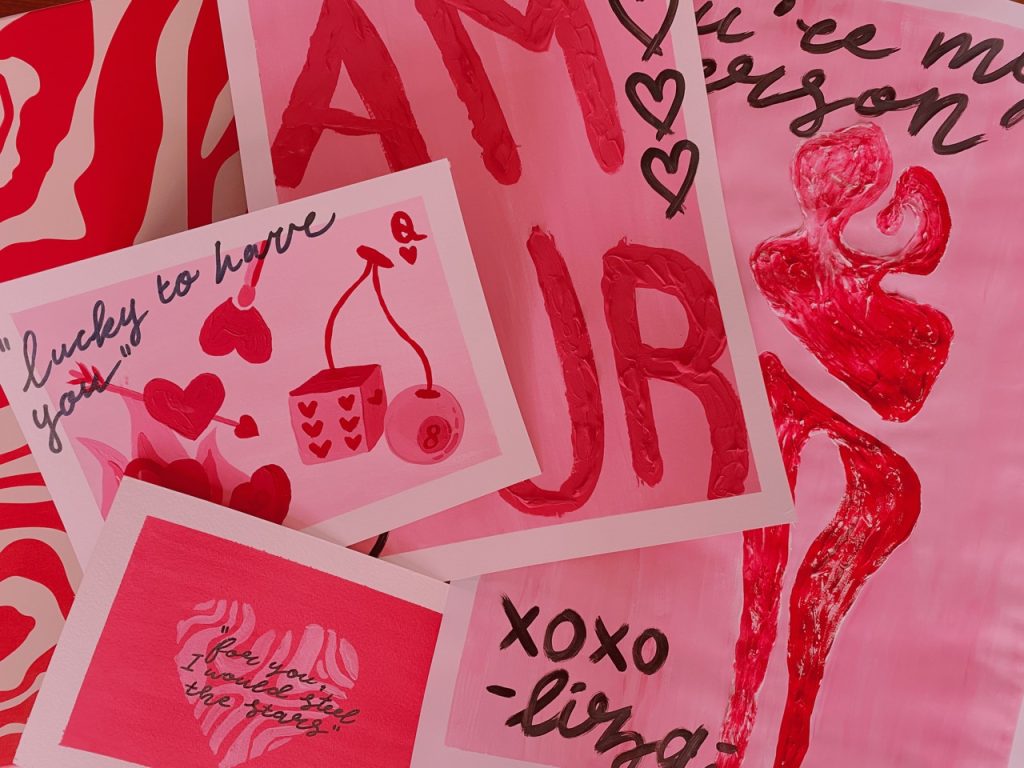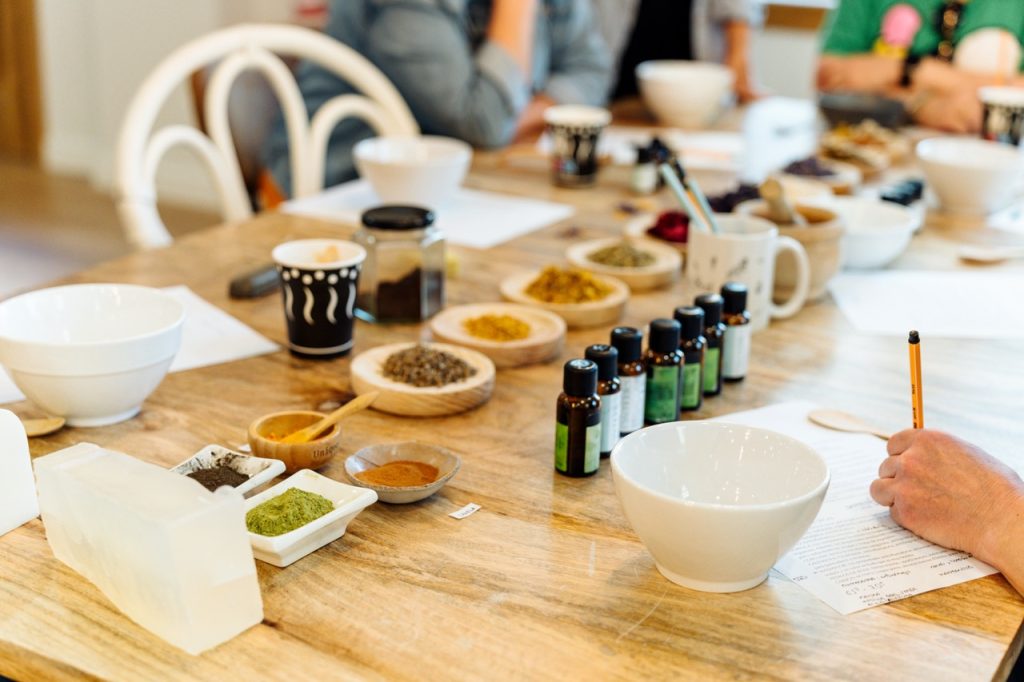The media reminds us daily of the hate and animosity that exists in our world. We may even find ourselves saying: Why does it have to be like this? Why can’t people settle their differences peacefully? And yet, we ourselves may be guilty of perpetrating hate and animosity in our little piece of the world.
In fact, we are guilty of doing just that as long as we deliberately choose to hold onto grudges and resentment. We may be active participants in keeping a negative atmosphere alive and well in our home or workplace. But when we choose to enter into the forgiveness process we are choosing to overcome the darkness of unforgiveness with love.
What Forgiveness Isn’t
Forgiveness does not necessarily mean that we must forget a hurt or injustice. Some hurts and injustices are too big and painful to remove totally from our memory and if we do, we may run the risk of allowing such behaviour to happen again.
Forgiving a breach of trust doesn’t mean that we have to trust again or that we have to befriend the offender, especially if they show no sorrow or remorse. We can love and forgive someone without befriending them or even liking them.
Forgiveness doesn’t mean that we have to put up with intolerable behaviour and it doesn’t mean excusing, condoning or minimising the wrong inflicted upon us.
What Forgiveness Is
Forgiveness is a process during which we seek to eliminate from mind and heart all resentment and hurt feelings that we have because of what someone said, did or failed to do.
Forgiveness is the spiritual surgery we perform on ourselves (with God’s grace) to free ourselves from all the venom we feel as the result of a hurt or injustice.
Forgiveness is a gift we give ourselves so that we do not remain stuck in the past and in our pain, living as victims of some big hurt or injustice. When we are able to forgive, we move on from being the victim of our story to being the hero of it.



